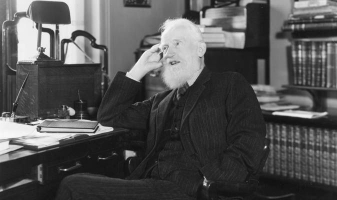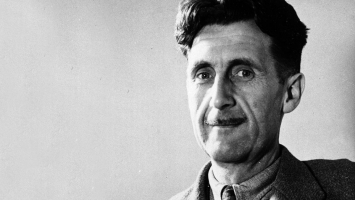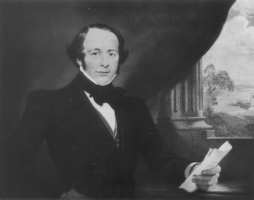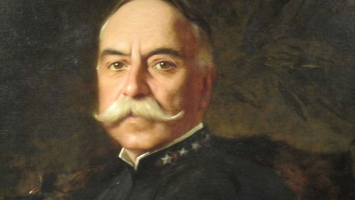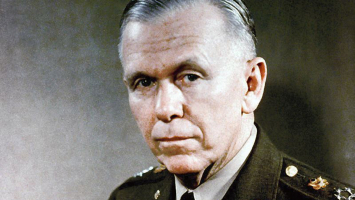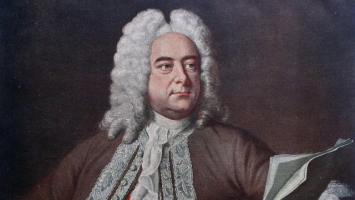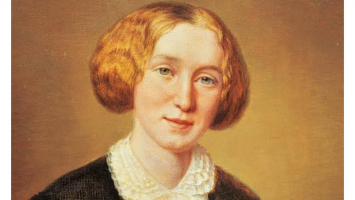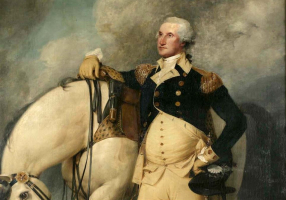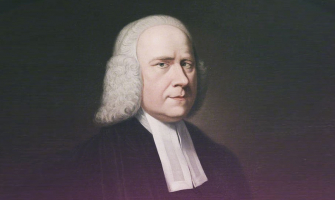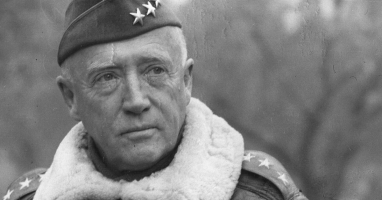Top 10 Interesting Facts About George Grenville
George Grenville, a prime minister without a title of nobility, was one among the leaders who refused peerage. George Grenville, a British barrister and ... read more...politician, was born on October 14, 1712, and eventually rose to the position of Prime Minister of Great Britain. From the time he entered politics until his passing, he served as the representative for Buckingham from the time he entered the House. Here are some interesting facts about George Grenville.
-
One of the interesting facts about George Grenville, the former Prime Minister of Great Britain, is that he was destined to practice law. George Grenville, one of Richard Grenville and Hester Temple's five children, was born in Wotton House on October 14, 1712. Grenville, an MP for Buckingham who first entered Parliament in 1741, was born into a prominent political family. He became known as one of Lord Cobham's Cobham's Cubs, a group of youthful Parliamentarians.
His surname was frequently spelled "Greenville" by his contemporaries, and this may have been the standard pronunciation. His parents had always wanted to raise him to be a lawyer. Grenville was therefore given the opportunity to attend Christ Church in Oxford and Eton College, respectively. He began his education at Eton in 1725 and continued it in 1729 at the Inner Temple, one of the prestigious legal schools in London. George Grenville finally graduated to the bar in 1736.
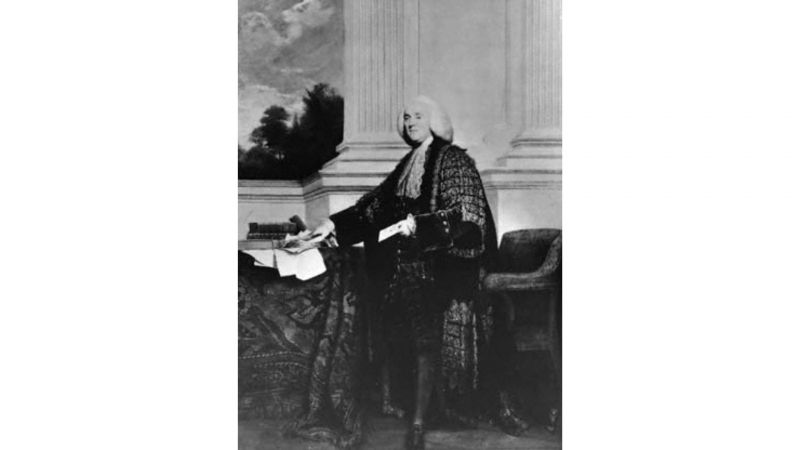
Source: oxforddnb 
Source: paralegal.laws.com -
He was one of the two representatives for Buckingham when he first entered Parliament in 1741, and he served as that borough's representative for the next 29 years, until his death. He regretted forgoing what seemed to be a bright legal career in favor of the unpredictability of opposition politics. He joined the "Boy Patriot" faction in Parliament, which was hostile to Sir Robert Walpole. He particularly benefited from the support of Lord Cobham, the head of the group known as Cobham's Cubs, which included George Grenville, his brother Richard, William Pitt, and George Lyttelton.
He was appointed a Lord of the Admiralty in Henry Pelham's ministry in December 1744. He joined forces with his brother Richard and William Pitt, who became their in-law in 1754, to defy Pelham's authority and delay business in order to force Pelham to promote them. Grenville was appointed Lord of the Treasury in June 1747. Grenville was appointed Privy Councilor and Navy Treasurer in 1754. He was fired in 1755, along with Pitt and a number of other colleagues, after speaking out and voting against the government during a discussion about a recent subsidy deal with Russia that they feared would be overly expensive and involve Britain in conflicts in Continental Europe. One of the pillars of Patriot Whig thought was opposition to involvement in European affairs.
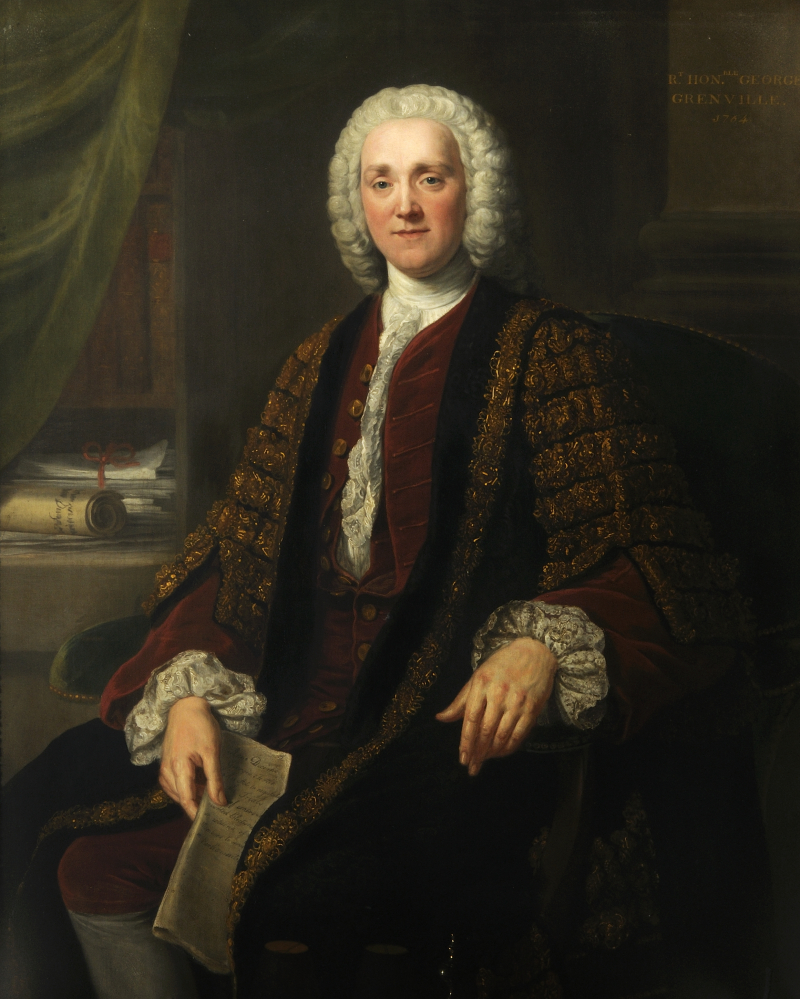
Source: Wikipedia 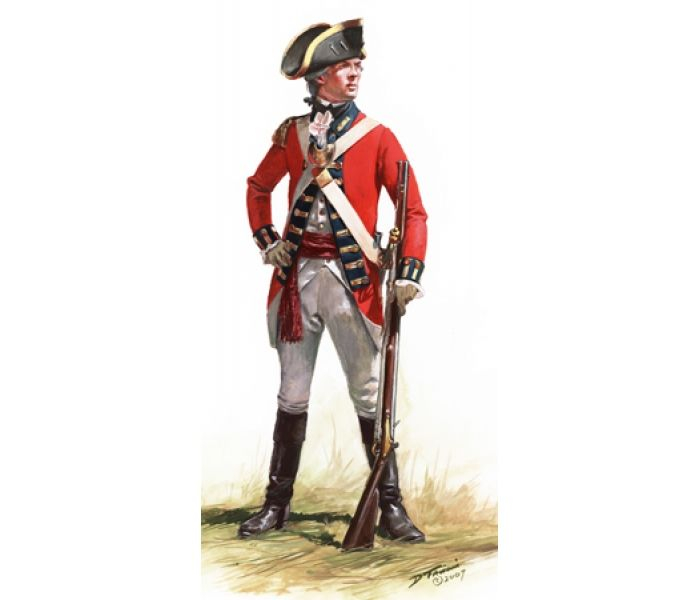
Source: Pinterest -
One of the interesting facts about George Crenville is that he had a political conflict with his brother-in-law. Hester Grenville, a sister of George Grenville, wed William Pitt, a prominent politician at the time, in 1754. After losing Minorca two years later in 1756, the government resigned due to the deteriorating state of its armed force. He elected to remain in office and take on the new position of Leader of the Commons in October 1761, which strained relations with his brother-in-law and political ally, William Pitt, who had resigned. This is a fascinating George Grenville piece that helped him and William Pitt rebuild the government.
Grenville was promised the job of Paymaster of the Forces, but to his dismay, he was merely returned as the Treasurer of the Navy. Eventually, Grenville changed his allegiance from Pitt to the Prince of Wales and Lord Bute, his personal adviser.
Despite his dissatisfaction, Grenville was still able to carry out his duties well. He signed a measure into law that established an extensive system for paying sailors and providing for their families. Grenville and Pitt's argument eventually intensified.
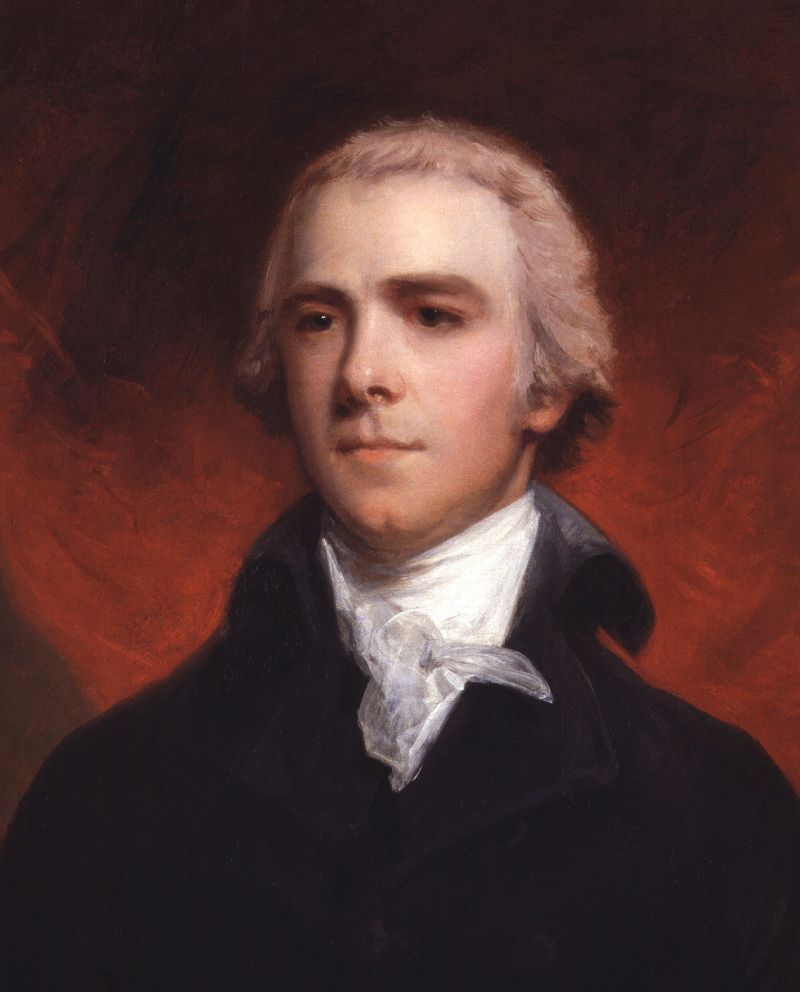
Source: Wikipedia 
Source: iStock -
The Seven Years' War (1756–1763) was the final significant battle involving all of the European great powers before the French Revolution. In general, Prussia, Hanover, and Great Britain were on one side, while France, Austria, Saxony, Sweden, and Russia were on the other. The War of the Austrian Succession gave rise to the conflict as the Austrian Habsburgs sought to reclaim the wealthy region of Silesia that had been taken from them by Frederick II (the Great) of Prussia.
In 1762, George Grenville was chosen to serve as the Northern Secretary. He was able to negotiate with France and Spain to eventually put an end to the Seven Years' War, a historical conflict principally involving five powerful European nations. He accomplished this via his rigorous fulfillment of his role. Grenville grew close to Lord Bute at this time. He eventually received the position of First Lord of the Admiralty. Lord Bute was, regrettably, unpopular. He was compelled to submit his resignation to George III as a result. Following the latter's acceptance, George III declared that George Grenville would succeed him.
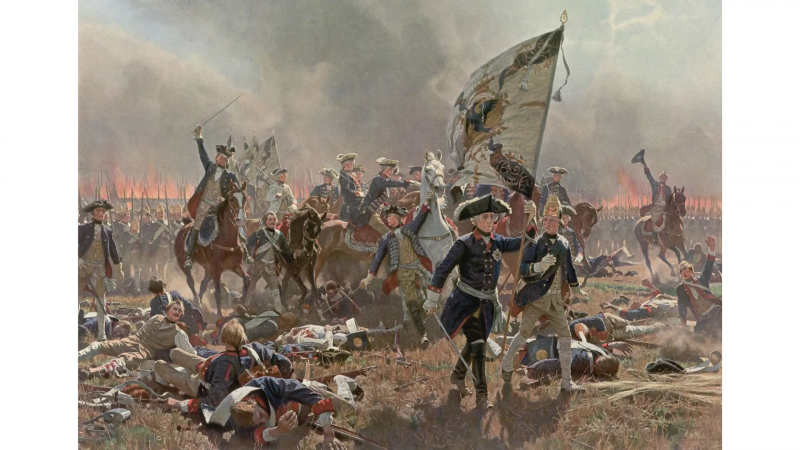
Source: britannica 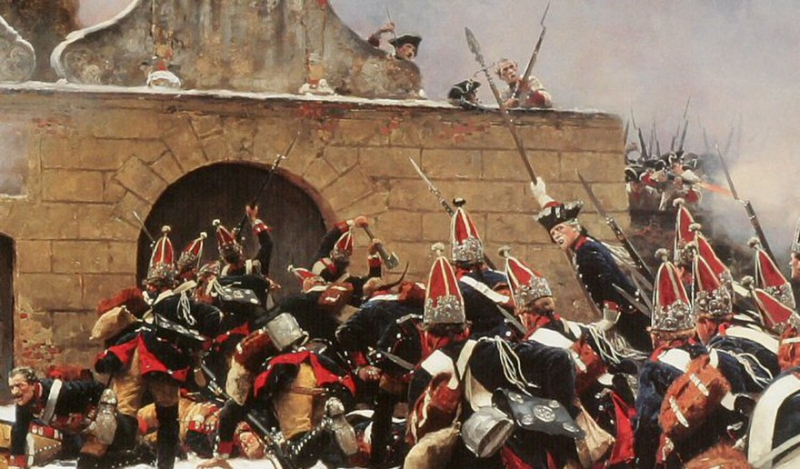
Source: thereaderwiki -
One of George Grenville's first tasks as Prime Minister of Great Britain was to bring John Wilkes to justice for his slanderous essay against King George III and to revive the country's economy.
Grenville's first priority was to fix the country's finances, as Britain struggled to recoup from the losses of the Seven Years' War and now desperately needed money for the British army in the American colonies. The aftermath of Pontiac's Rebellion, which broke out in North America in 1763, was another issue he had to cope with. Grenville put into effect many measures, including the Stamp Act of 1765, among others, as Great Britain recovered from the costs incurred during the Seven Years' War. This law introduced a special tax on the American colonies. Every document and publication must have a revenue stamp payable in British cash and be printed on paper. Unfortunately, the public was incensed by these actions. The American colonies rebelled and rioted in opposition to the 1765 Stamp Act's implementation. Eventually, it resulted in the estrangement of Great Britain from the American colonies.
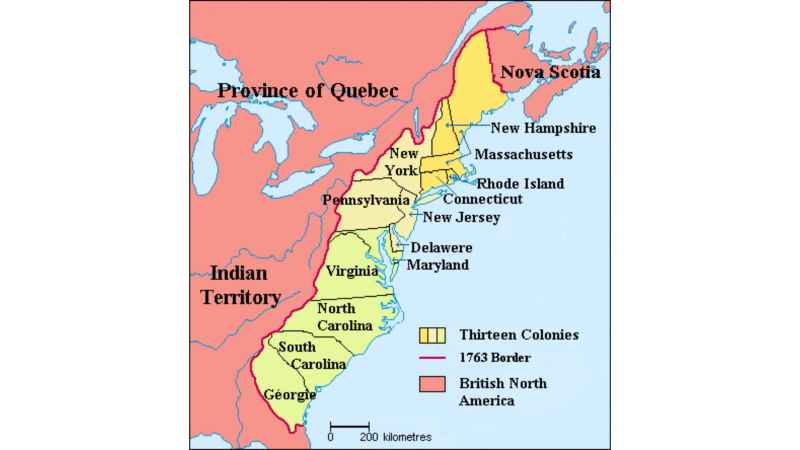
Source: Quora 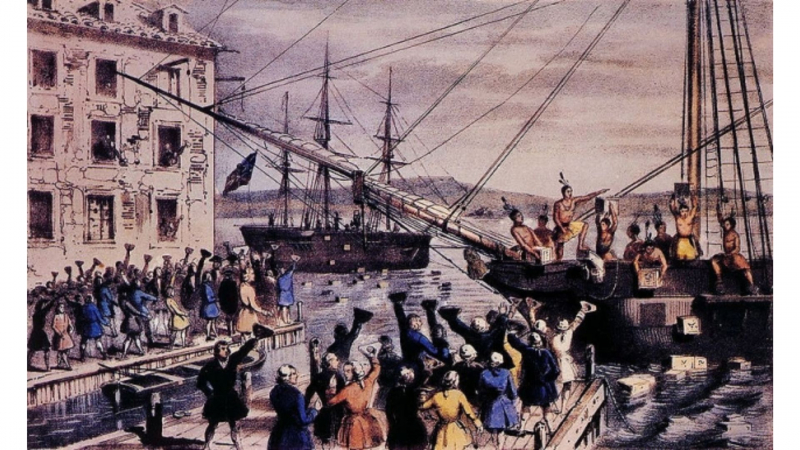
Source: history.org.uk -
One of the interesting facts about George Grenvile that many people might not know is that he was insulted as the “gentle shepherd”. George Grenville continually provoked the House's wrath during the discussion of the Cider Bill of 1763. Grenville was dubbed the "gentile shepherd" because he repeatedly demanded during the Cider Bill of 1763 discussion that someone explain to him "where" to lay the new tax if it wasn't to be placed on cider, boring the House in the process. Then Pitt whirled "Tell me whither," from the well-known song Gentle Shepherd, and the house chuckled. Few could match his proficiency with administrative details or understanding of House forms, yet he lacked tact when interacting with others and managing business. As a result, the house became bored and referred to him as "the gentle shepherd."
According to historians, Grenville was actually quite good in areas relating to the House and administration. It's noteworthy to note that George Grenville lacked the appropriate social skills necessary to win over many people.
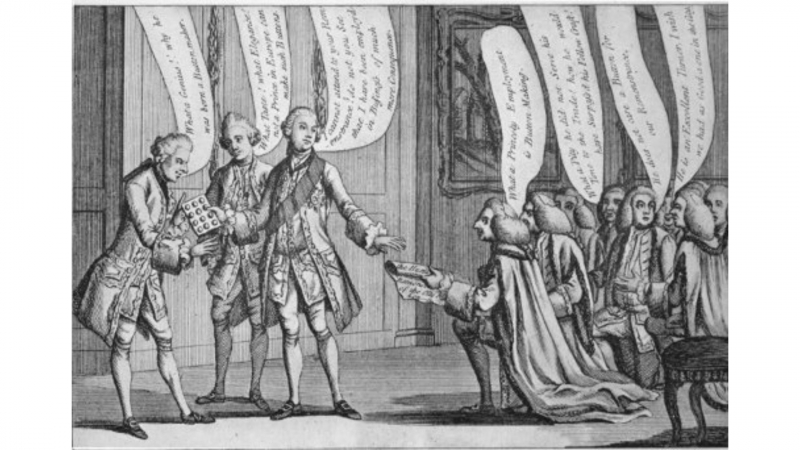
Source: gutenberg.org 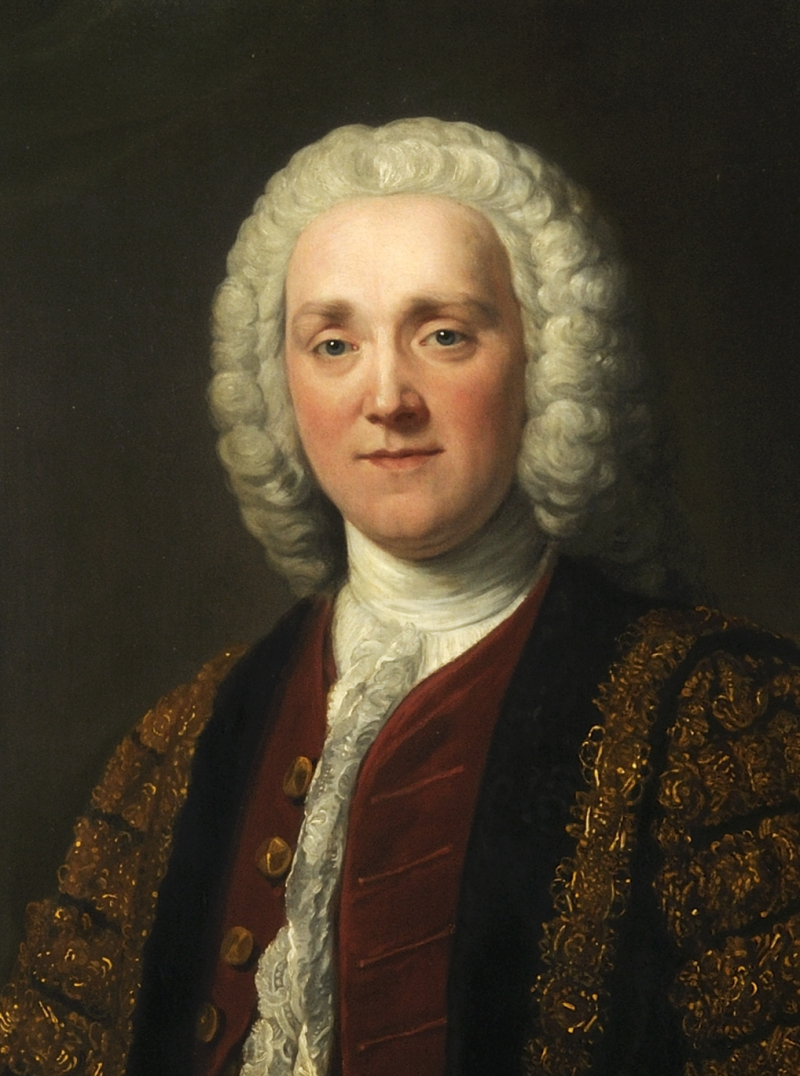
Source: Wikipedia Commons -
Greenville never consented to the peerage. This is one of the interesting facts about George Grenville. In the United Kingdom, peerage is a frequent practice. In essence, it's a system where a representative assumes hereditary and lifelong noble positions. It's interesting to note that George Grenville was one of the few prime ministers who did not adhere to the peerage tradition. He was one of the select group of prime ministers who never accepted the peerage, along with Henry Pelham, William Pitt the Younger, Henry Campbell-Bannerman, Bonar Law, Ramsay MacDonald, Neville Chamberlain, Sir Winston Churchill, George Canning, Spencer Perceval, William Ewart Gladstone, Edward Heath, John Major, Tony Blair, Gordon Brown, David Cameron, and Theresa May.
After George Grenville, the town of Grenville, Quebec, was established. The Grenville orogeny, a protracted Mesoproterozoic mountain-building process linked to the formation of the supercontinent Rodinia, shares its name with the town. Its track record includes a noticeable orogenic belt that reaches from Labrador to Scotland and covers a sizable chunk of the North American continent.
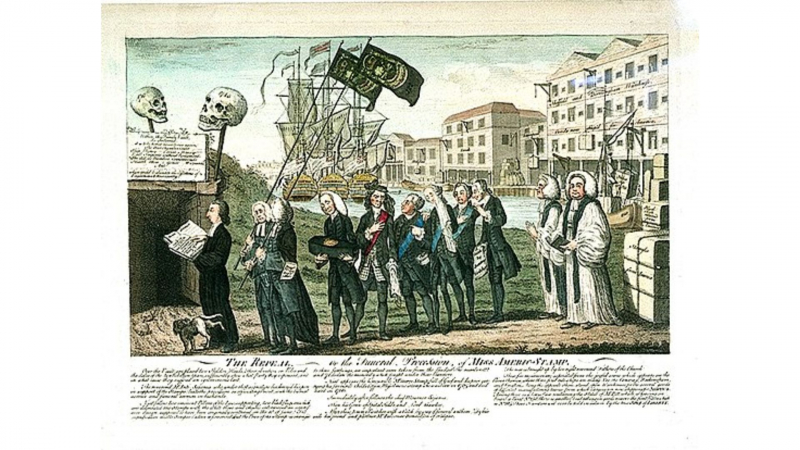
Source: Wikiwand 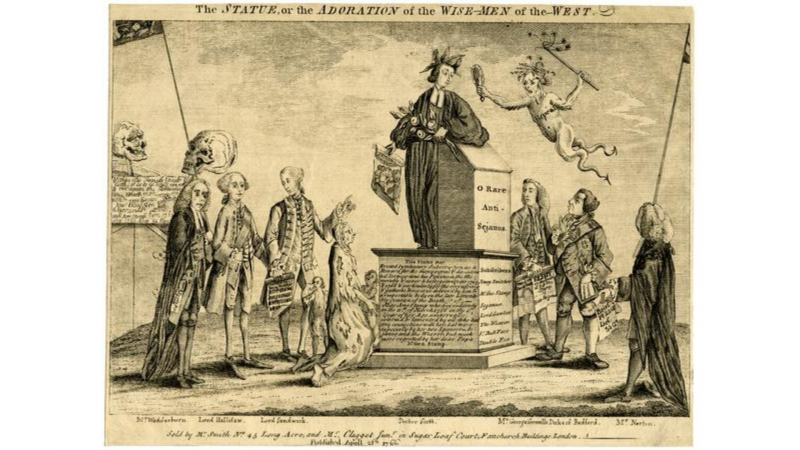
Source: British Museum -
Grenville was appointed Navy Treasurer in 1754, a position he held twice until 1761. He elected to remain in office and take on the new position of Leader of the Commons in October 1761, which strained relations with his brother-in-law and political ally, William Pitt, who had resigned. The new Prime Minister, Lord Bute, then appointed Grenville as Northern Secretary and First Lord of the Admiralty. Lord Bute resigned on April 8th, 1763, and Grenville took over as Prime Minister. His administration adopted an aggressive foreign policy while working to rein in the government's spending. The Stamp Act, a long-standing tax in Great Britain that Grenville extended to the colonies in America but which sparked fierce opposition in Britain's American colonies and was eventually abolished, is his most well-known policy. Because of his deteriorating relationships with his superiors and the King, Grenville was fired by George III in 1765 and replaced by Lord Rockingham. Grenville led a group of his supporters in opposition during the final five years of his life and publicly reconciled with Pitt.
George Grenville was still well remembered even after hundreds of years had passed. In reality, he has collections and locations named after him. The town of Grenville, which bears George Grenville's name, is located in Quebec. Additionally, the Hunterian Museum houses postmortem specimens from him.
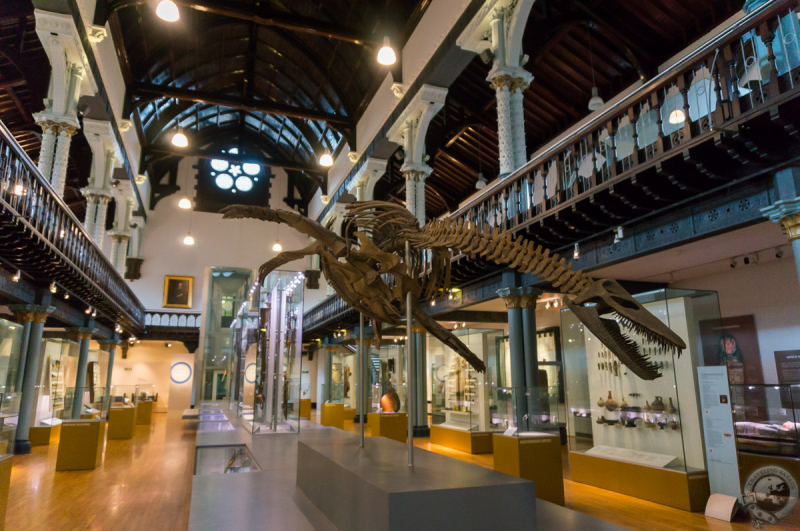
Source: Art Gate 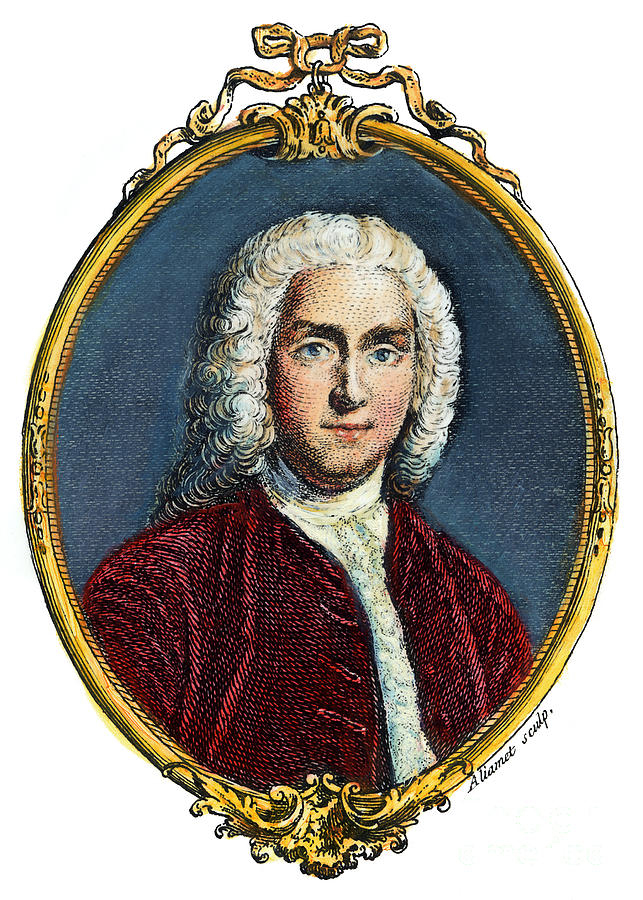
Source: Fine Art America -
During Henry Pelham's presidency in 1755, George Grenville was fired from his position as Navy Treasurer. Grenville saw this as an addition to a string of prior slights, including Pitt and others passing him over for jobs in favor of people he thought to be no more talented than he was. Grenville began to harbor hatred toward Pitt as a result, and he also developed a strong relationship with the young Prince of Wales and his confidant, Lord Bute, who were suddenly Pitt's adversaries.
In 1758, while serving as Treasurer of the Navy, he proposed and carried out a measure that established a more equitable system for paying seamen's salaries and providing for their families while they were at sea. If not for its usefulness, the bill was commended for its humanity. He held onto his position during the years when the British achieved triumphs, most notably the Annus Mirabilis of 1759, which was credited to the administration in which he served. Grenville joined the opposition against the government after being fired. Through his political initiatives, he was able to push the British military's desire to increase its power and security. This runs counter to the government's original aim to use mercenaries in their place.

Source: The Week UK 
Source: The Conversation -
The last of the top most interesting facts about Grenville mentioned in this article is that his grandfather-in-law did not approve of him. In May 1749, Grenville wed Elizabeth Wyndham. Elizabeth Wyndham, a descendant of Sir William Wyndham. Elizabeth's father, Sir William Wyndham, was a prominent Tory politician during the Walpole era. The Duke of Somerset, her grandfather, did not approve of the union and left her with very little inheritance. Elizabeth's brother, Charles, second Earl of Egremont, was a more steadfast ally.
Four boys and five girls were born from the marriage. William Wyndham Grenville, their youngest child, finally rose to the position of Prime Minister in 1806. Unfortunately, Grenville did not get along with Elizabeth's grandfather, the Duke of Somerset. The Duke only left Elizabeth a small amount of money when he passed away. Funny enough, from 1806 to 1807, one of his four sons, William Grenville, was able to hold the position of Prime Minister of the United Kingdom.
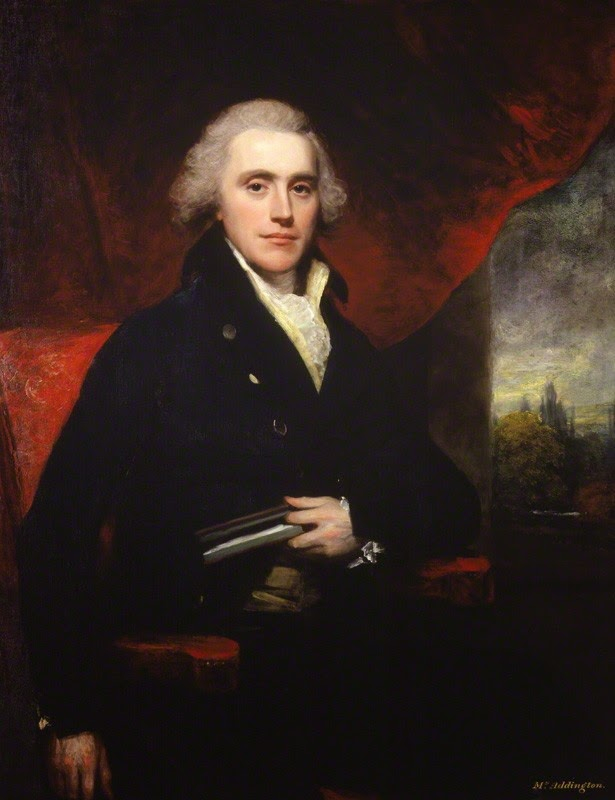
Source: regencyhistory 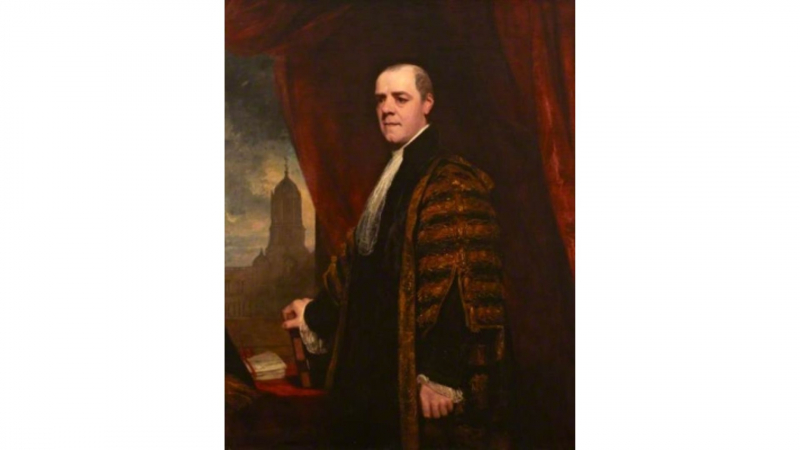
Source: William Grenville












